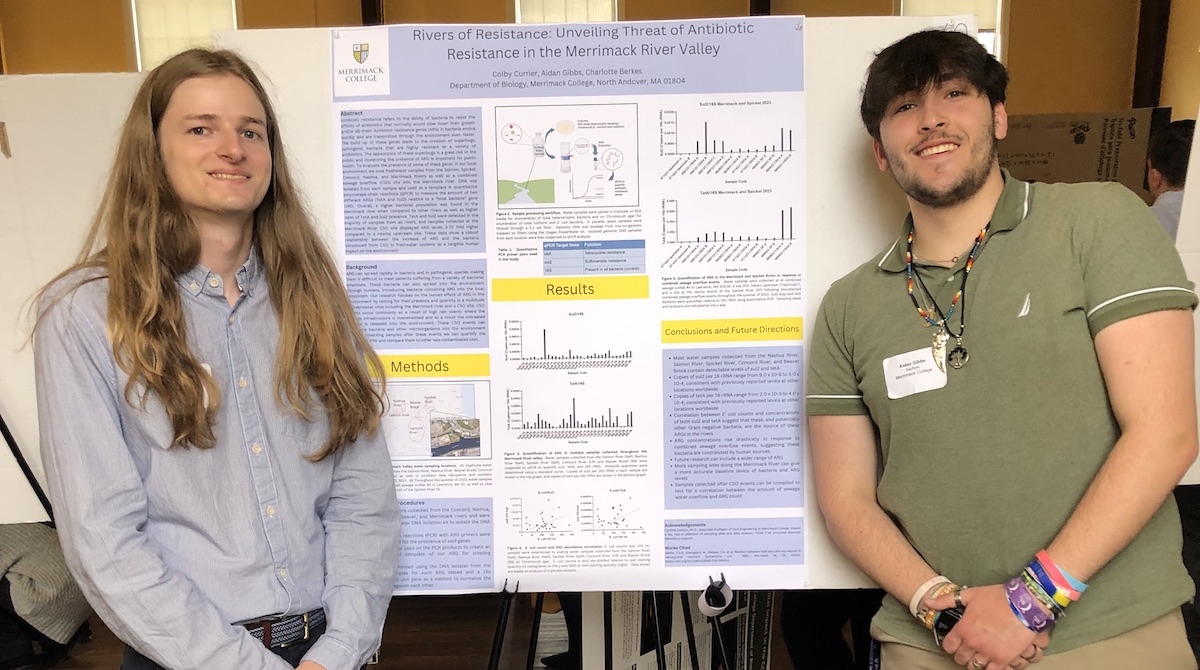“I still can’t believe I get to call what I do at the Writers House work,” said Jones-Pruett, a poet who helps develop programming for students at the Writers House.
“It’s this magical place for students to write and read and talk about their creative projects. It’s the kind of space I’ve always dreamed of, and I’m so glad Merrimack had the vision to build it.”
The Writers House, unique among New England colleges, is a multidisciplinary initiative dedicated to creative writing, reading and thinking and brings an array of authors to campus. This includes a writer-in-residence program, with workshops and readings, funded by Andrea and Ken Robertson.
The Writers House also supports the student-run literary journal, The Merrimack Review, as well as a host of workshops, coffee houses, and other activities both for the college and the wider community.
Andrea Cohen, director of the Writers House, said, “I am thrilled that the Rona Jaffe Foundation is honoring Danielle Jones-Pruett. These auspicious Writers Awards recognize unusual talent and promise, and Danielle has both in abundance.
“That passion for writing is something she shares with every Merrimack student who walks into the Writers House,” said Cohen. “We could not be luckier to have her here, and it’s wonderful that her outstanding writing is receiving the attention it deserves.”
Jones-Pruett is working on a full-length manuscript of poems set in Anniston, Alabama, where she grew up, during the period when a major chemical company’s long history of polluting the area finally came to light. “While Anniston provides a rich backdrop for many of the political topics that plague America as a whole, it is important to me that the poems be more than political manifestos,” she said. “For this reason, I’ve chosen to tell this story through the voice of a young female speaker, whose personal story, and the tragedy of her own family, converge gradually and subtly with the history of the town.”
Jones-Pruett plans to use her award for child care so she can write over the summer, and to visit Alabama for research. She said, “I need to remember the way my street looked at dusk; to visit the now-closed military base where my father worked and walk through the abandoned cinder block houses; to struggle with the ghosts of the old Monsanto plant; and, most importantly, to talk with the people who lived in the area most affected by the contamination. I want to hear their voices in my poems.”
— Jess Raver





